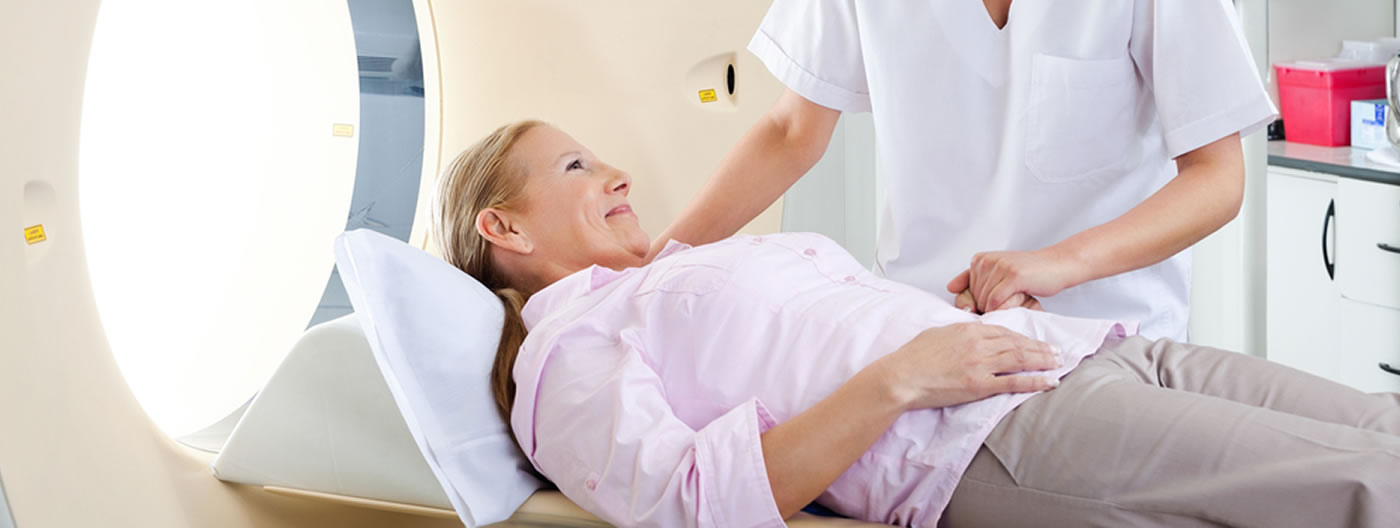Cardiac MRI
A Cardiac Magnetic Resonance (CMR) scan uses magnets and radiowaves to create detailed images of the heart muscle and related structures. The test is non-invasive and low risk however does involve lying down in a tunnel for 45-60 minutes and therefore may not be appropriate for patients suffering from severe anxiety or claustrophobia.
The images produced by CMR are often of excellent quality, providing a great degree of detail with regards the heart muscle, congenital heart disease and the pericardium. An injection of gadolinium contrast can provide further information with regards to identifying scar tissue within the heart. This is commonly due to previous heart attacks but can also be related to conditions including cardiomyopathy, myocarditis and sarcoidosis. In addition, adenosine injection for ischaemia testing can be used to ‘stress’ the heart and assess for coronary artery circulation issues.
The information provided by a CMR scan may aid either making an initial diagnosis, monitor a known condition, or guide the use of prescribed medication. In addition, CMR is helpful in determining the need for invasive procedures such as coronary angiography, coronary angioplasty, heart rhythm device insertion and cardiac surgery.


